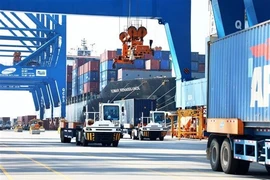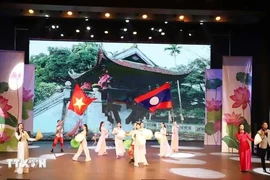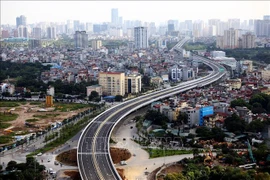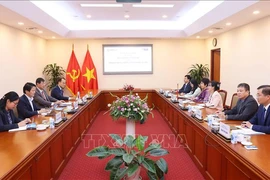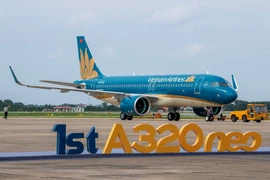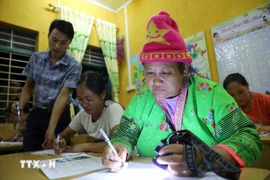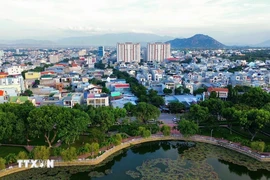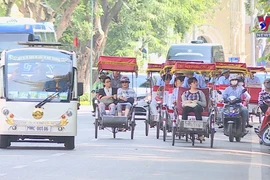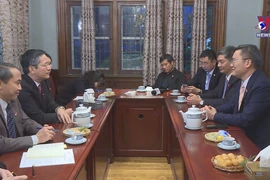On May 8, 1954, a day after the Dien Bien Phu resounding victory, the Geneva Conference began to discuss the restoration of peace in Indochina. After 75 days of intense negotiations with 31 sessions, the agreement was signed on July 21.
Despite formidable challenges, Vietnam laid a stress on the spirit of independence and self-reliance during negotiations. It stayed persistent with its strategic goals, and made principled concessions to ensure national interests.
Along with the flexible and clever negotiations, the success of the Geneva Agreement was also driven by the enthusiast support from Laos, Cambodia and many peace lovers across the globe, including the French.
The negotiation and signing of the Geneva Agreement have been a valuable guidebook for the Vietnamese diplomacy, with an arsenal of lessons on distinctive principles and the art of diplomacy in the Ho Chi Minh era.
Over the past 40 years of Doi Moi (Renewal), Vietnam has upheld its foreign policy of independence, self-reliance, diversification and multilateralisation of international relations, proactively integrated into the world, and become a reliable friend and responsible member of the international community. To date, the country has set up diplomatic ties with 193 UN member states, and boasted a network of strategic and comprehensive strategic partnerships with 30 countries./.

